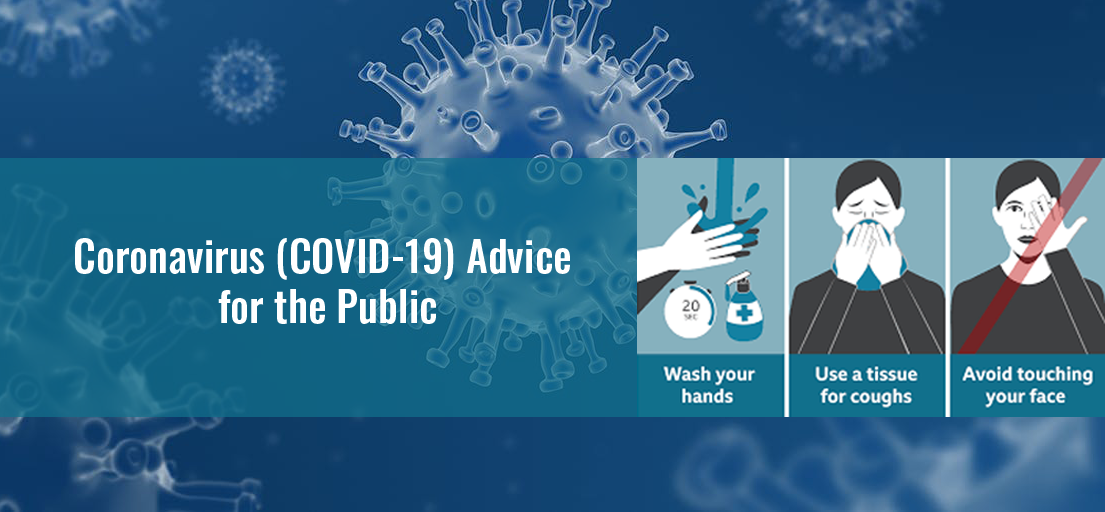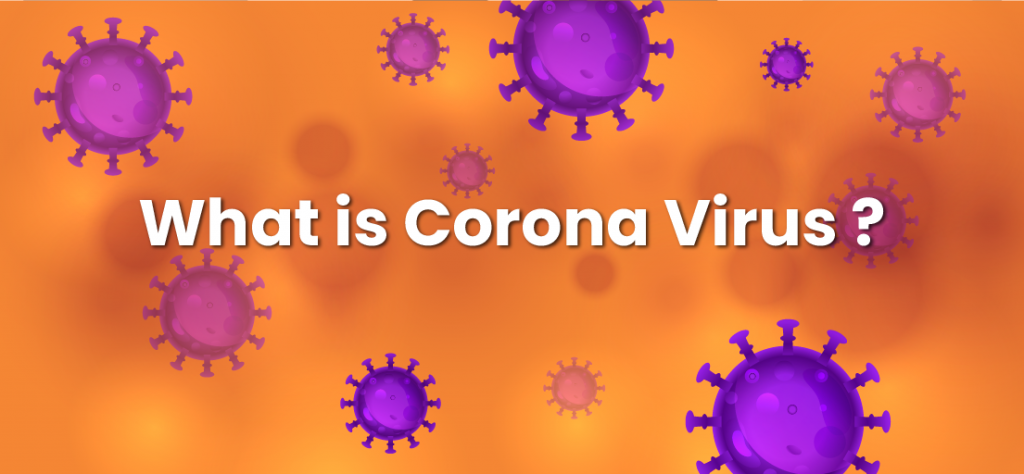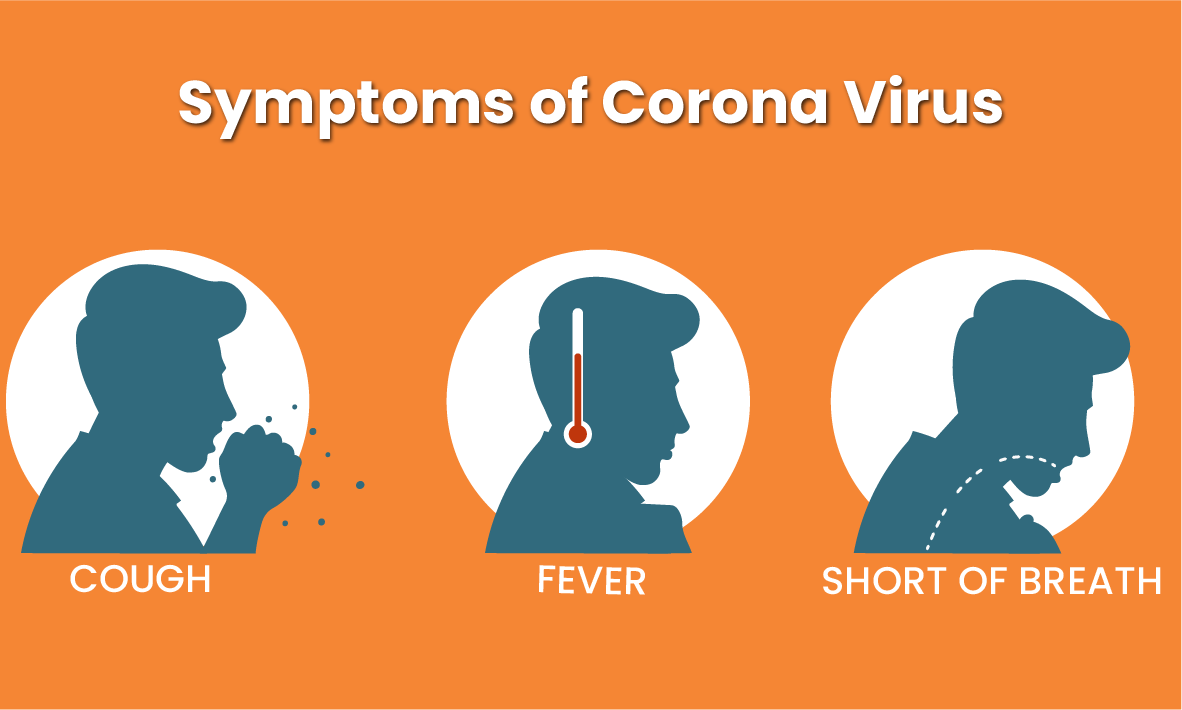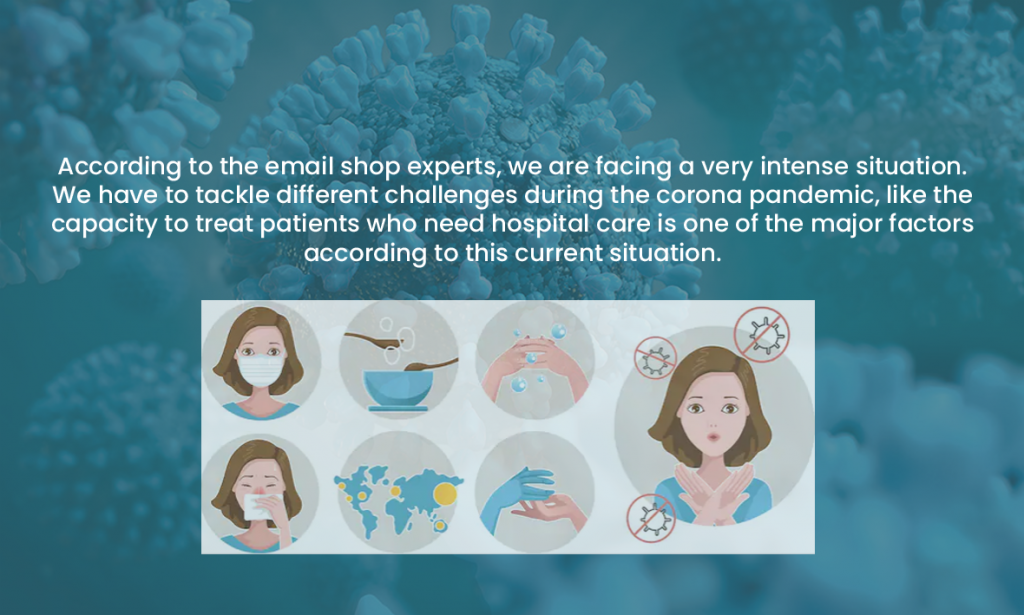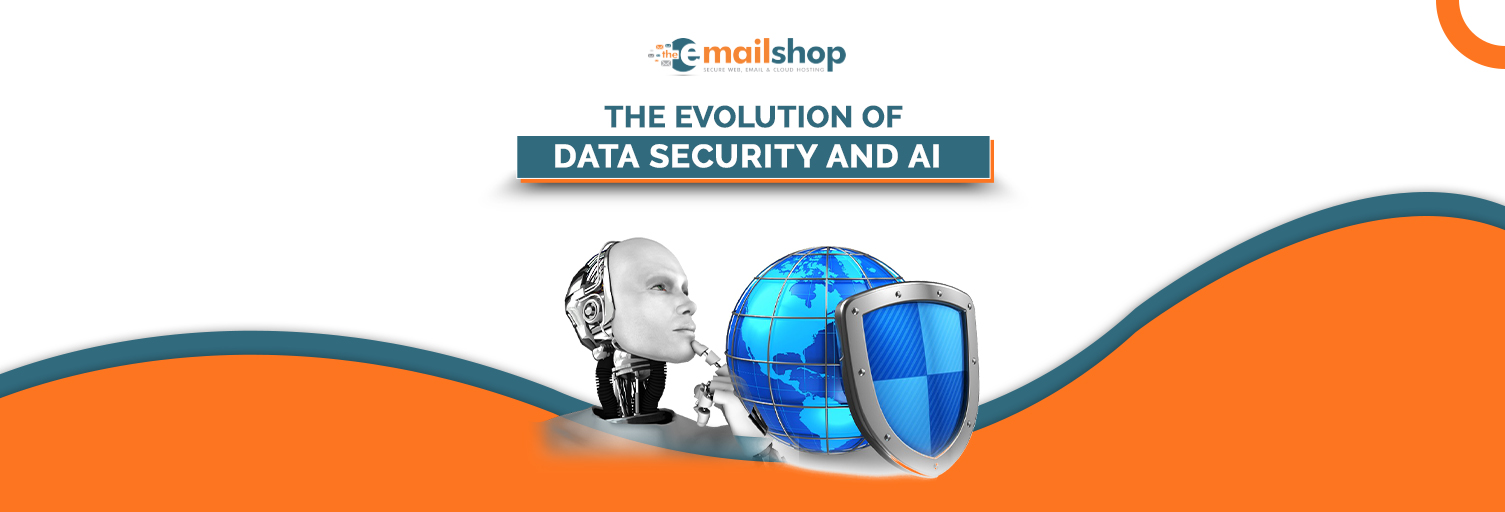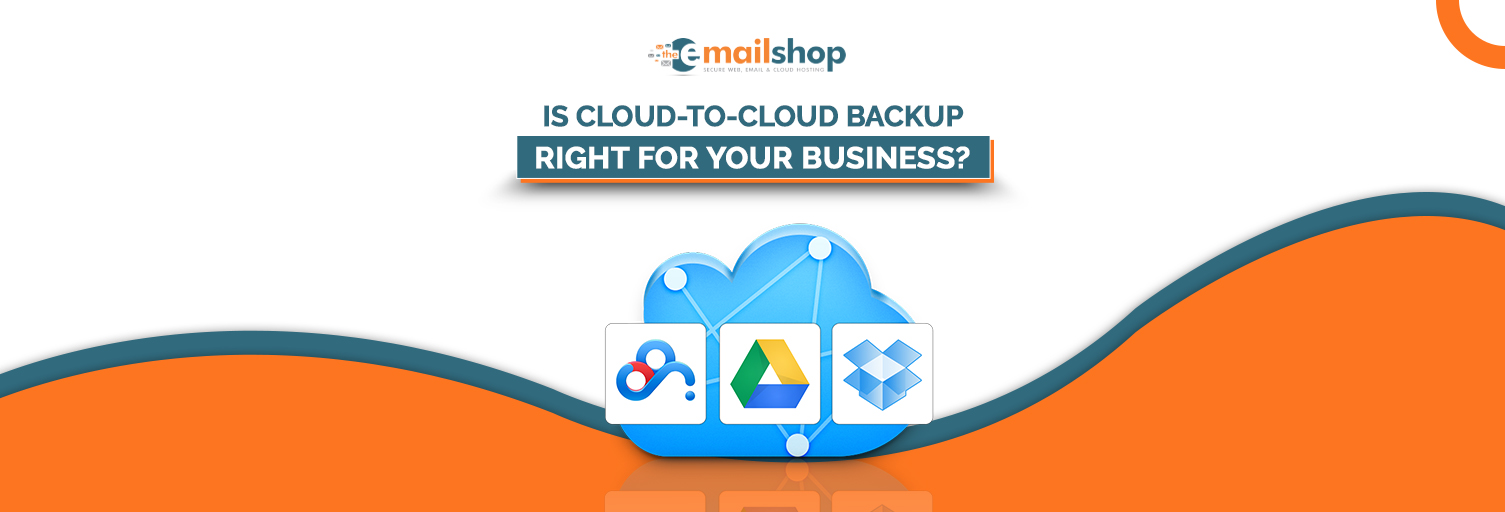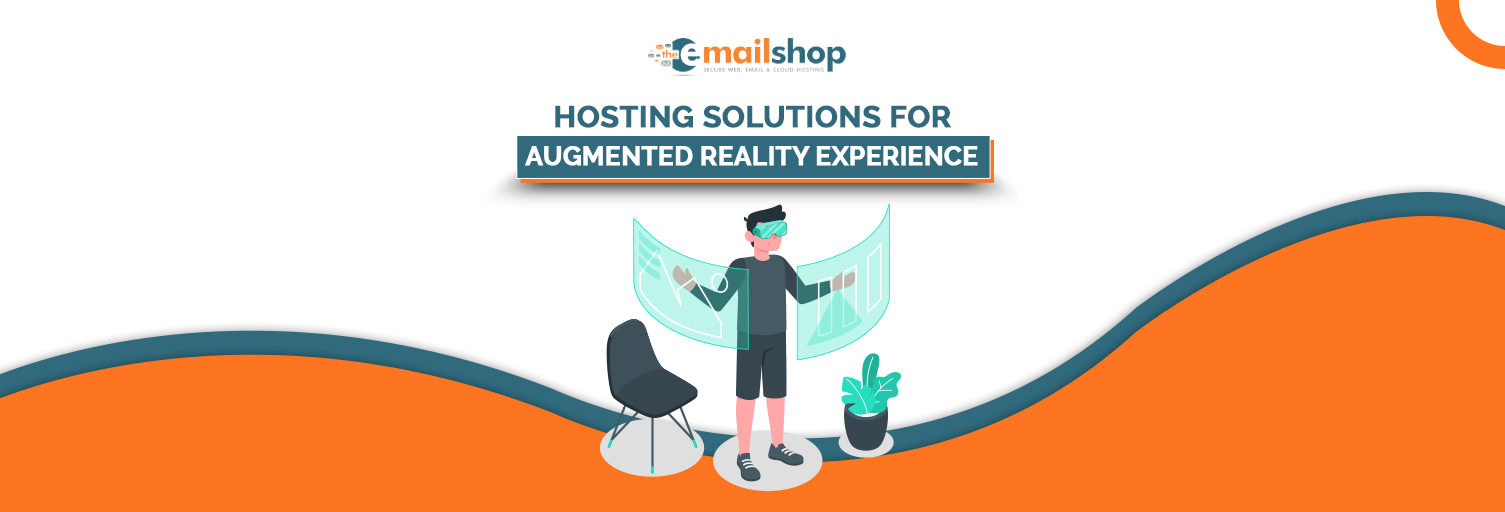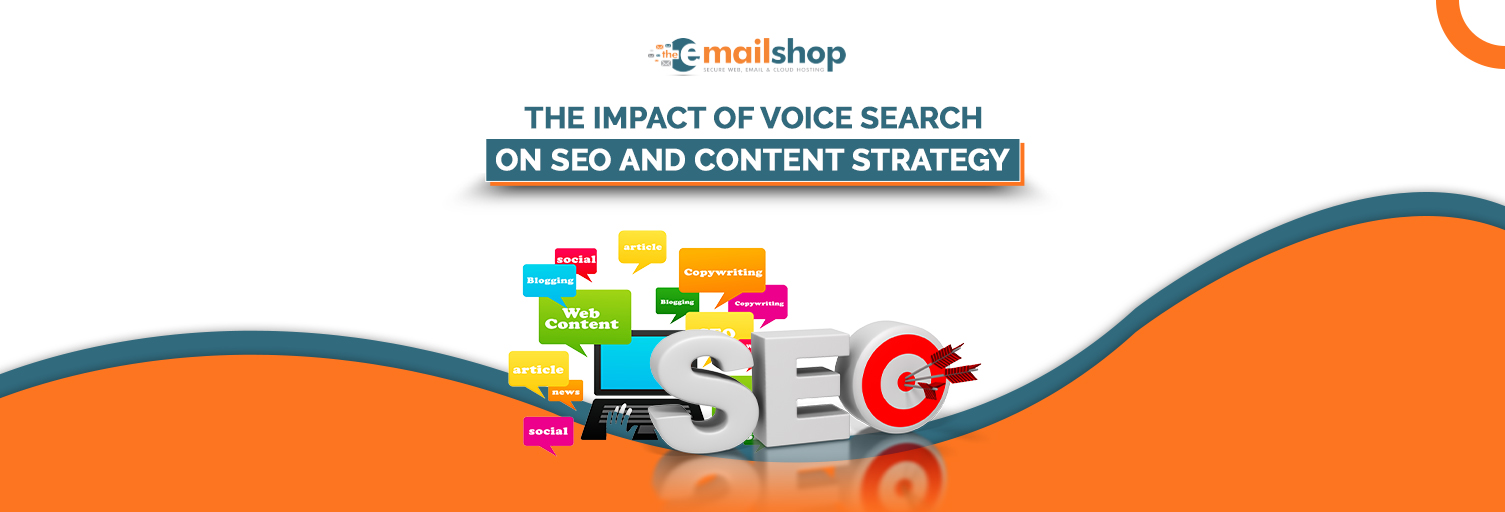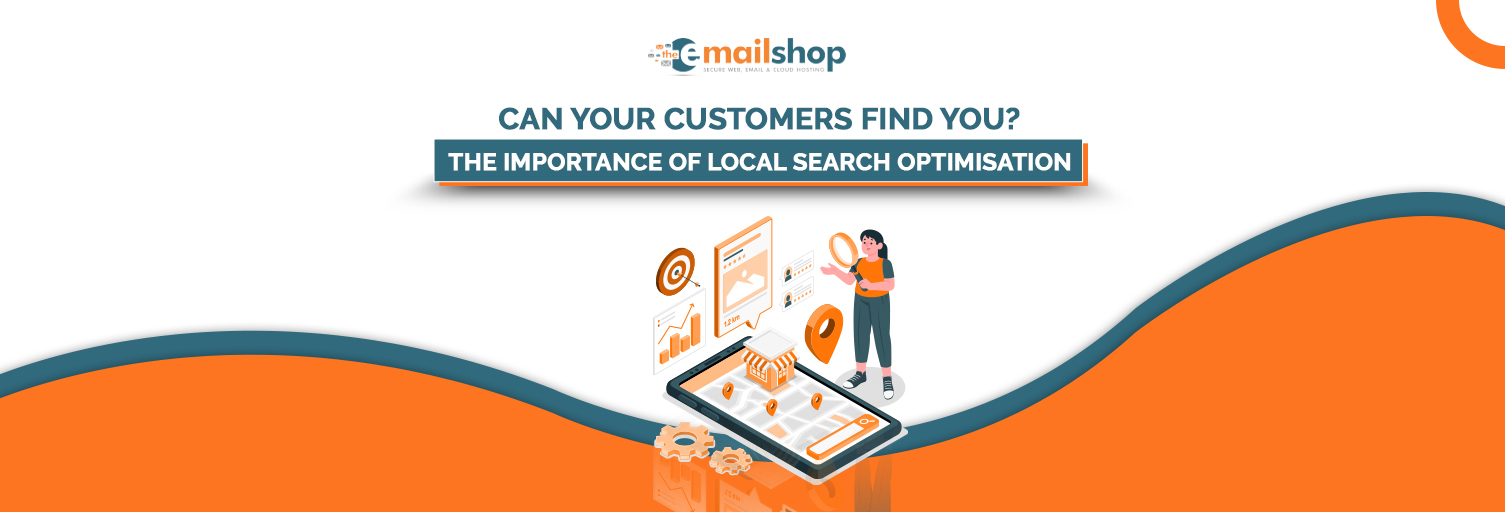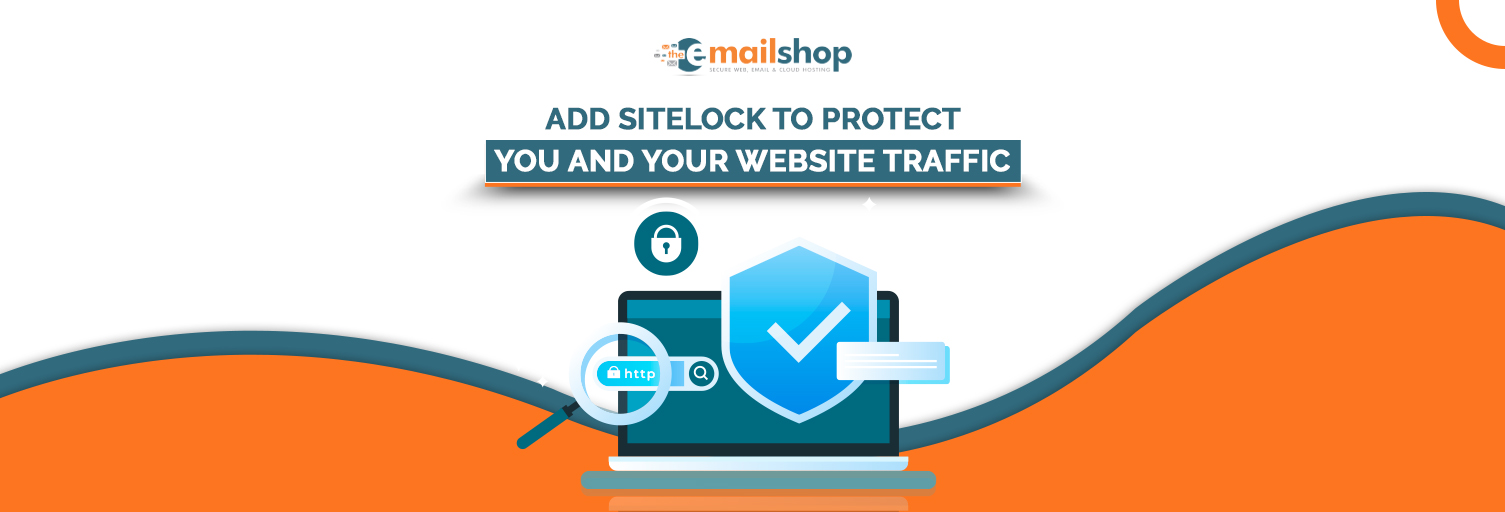What is a Coronavirus, how did it start, and what are the symptoms & precautions?
The coronavirus, also called COVID-19 has serious impacts on people of more than 190 countries, where 425,964 cases are registered in different hospitals across the globe and reported 19,152 deaths which mainly includes China, Italy, South Korea, US, UK, India, and Pakistan, while more than 110,047 people are recovered so far. Since Europe has become the epicenter of this deadly infection, so most of the deaths have been reported from China and Italy where the death toll rises by 743 in one day.
The World Health Organization (WHO) has recently announced that the spread of Coronavirus has reached the pandemic level. They have described pandemic as an “epidemic disease that spreads over numerous countries and affects a large number of people.”
With the outbreak started from China, the bulk of cases have been registered all around the world and spreading internationally with time. Hence all the countries are facing a potential crisis and on nationwide lockdown for the unannounced period. The email shop provides you a detailed guide to help their visitors learn some important things about coronavirus. Have a look below:
What is Coronavirus?
Coronaviruses are basically a family of combined viruses that cause harmful diseases in animals. However, the virus has now made a jump to humans as well, and cause cold-like symptoms but in a very serious way.
Previously there were two other deadly viruses, first was Middle East respiratory syndrome (Mers), and the second is, severe acute respiratory syndrome (Sars). These viruses were extremely severe at that time and killed more than 1,700 people since 2002.
The COVID-19 originated from the family of these two viruses, which is also quite dangerous, and nearly 25% of the confirmed cases have been declared highly critical. Yet the virus is less harmful than Mers and Sars, as the COVID-19 fatality rate is not so high even today.
Chinese scientists believe that COVID-19 has been mutated into 2 strains, in which one is more aggressive and dangerous than the other, which could complicate the development of some effective vaccine.
How did it start?
“Wet market” is considered to be the source of Coronavirus, which is operating in Wuhan, China. The market is responsible to sell dead and live animals, which includes birds and other animals.
These markets have greatly posed a heightened risk of dangerous viruses that are now jumping from animals to human beings; because it’s quite difficult to maintain hygiene standards especially when live animals are butchered on-site. The primary animal source has still not been identified that caused the latest outbreak, however, the original host is believed to be bats. Bats have not sold at the Wuhan market, but they have severely infected other live animals like chicken, and birds.
It’s important to mention that bats are also a host to a vast range of zoonotic viruses that include HIV, Rabies and Ebola.
Symptoms of Coronavirus:
According to the World health organization, the common symptoms of Coronavirus are:
- Fever
- Tiredness
- Dry cough
- Sore throat
- Runny rose
- Nasal congestion
- Aches or body pain
- Diarrhea
Around 85% of people who experience coronavirus usually go through mild symptoms, just like a regular cold and then recover without any special treatment.
About 5 in 10 people become seriously ill. The elderly people or people with a weak immunity system and underlying medical histories such as high blood pressure, diabetes, cancer, or chronic respiratory conditions, are usually at great risk of serious illness.
Moreover, this is a kind of viral pneumonia, so all types of antibiotics are useless. Some high-potency antiviral drugs against the flu won’t work, and there is no specific vaccine. Recovery depends upon the strength of your immune system.
Who is at higher risk?
Groups at higher risks are:
- Older adults
- Children
- People with Asthma
- People with HIV
- People with Cancer history
- Pregnant women
These specific groups are recommended to consult with the doctor as soon as they experience mild illness or feeling the above-mentioned symptoms.
How serious is COVID-19?
The vast group of people who tends to interact with novel coronavirus patients will generally experience some mild to moderate symptoms. Their easy treatment is to stay at home and isolate themselves from others. They can treat their symptoms the way they follow some practices for cold and flu.
According to Dr. Anthony Fauci, Director of the National Institute of Allergy and Infectious Diseases (NIAID) at the National Institutes of Health in a statement. “For many people today, just a small percentage, especially people with a medical history, they will need serious medical attention even including hospitalization in severe condition.”
According to the CDC and WHO, children, older people and people with weakened immune systems are at much greater risk than normal young people in case of experiencing coronavirus symptoms. The CDC has highlighted several risk factors that can develop COVID-19 illness. They include old people, groups with underlying chronic medical conditions such as cancer, lung disease, heart disease, kidney infection, liver disease, and diabetes. However, it’s essential to keep in mind that young and healthy people are not immune to this disease. Some people are being diagnosed and some of them are hospitalized and treated within days or weeks. (Depends on the seriousness of their condition and immune system)
Precautions of Coronavirus:
Self-hygiene plays an important role in protecting yourself from the corona. People are infected with the virus when they touch their mouth and nose with unwashed hands.
Some important precautions include:
- Use hand sanitizers to maintain frequent cleaning of hands
- Wash your hands before you eat, or touch the face or eyes.
- Avoid touching your face in busy public spots, including airports, bus stands, and other locations.
- Wear face masks and gloves while going out
- Use disposable and clean clothes to wipe hands and face
- Give everyone their personal towels and make sure they are using their personal accessories like toothbrushes, hairbrushes, and others.
- Keep your home dry, airy and disinfected from germs and viruses.
Is there a vaccine for coronavirus treatment?
Well, there is no vaccine created for the disease-so far. But thousands of scientists are racing to produce effective medications and vaccines to provide comfort from this deadly infection.
How to be more productive at home during quarantine?
To spend quality time at home, it’s advised to learn, explore and know some important tips to work from home. Because it’s not easy for everyone to stay home and concentrate on their work properly. Here we have compiled a list of some interesting work from home tips which would help you put more attention to each task.
· Create a permanent and comfortable workspace:
If you are starting a work from a journey due to the corona crisis, it is important to designate some specific area in your home where you can easily work, relax and put deep concentration. Now this space could be your empty bedroom or any spare room at home which you can convert to your home office. You can also set up your desk, and add a comfortable revolving chair. This is the first thing to maintain while setting up your home working routine. Moreover, it’s also important to sit straight and avoid laying down on your bed or couch, because many people get lazy and sleepy when they get some cozy and comfortable place to work.
· Use high-quality technology:
Setting up a comfortable home office may not be an easy task for many people, because you need to invest something to create a more productive place. For some people, it’s much like starting their new business. You may need to buy high-quality technology, like a desktop, tablet, phone system, or laptop. Most importantly, you need a powerful internet connection that can connect you with the digital world. These things can save you from multiple technology troubles. Choose a router that can keep you interacted with your co-workers, partners, and colleagues.
· Set your work schedule:
Now that you have set up your own workspace at home, it’s time to in-line your tasks and focuses more on productivity. During quarantine, you have to work for numerous days and it seems like it’s an everyday commitment now, so it will be quite easy for you to set some specific work hours for maintaining a regular routine.
The comfort of staying at your workspace is, you are flexible to choose your own work hours. For instance, if you feel productive and fresh in the morning, manage most of your work from 9-12 pm, or if you want to spend some time with kids, then you can set some hours from 3-9 pm, according to your feasibility. This is probably the best working from home tip which can help you work productively in routine hours.
· Update your to-do lists:
When you are working from the comfort of your home, at least you will not have a boss breathing above your head. But on the other side, it’s quite challenging too especially when you have to keep the record of everything and inform him after every hour. You can easily lose sight of some important tasks, priorities, and deadlines.
So it’s recommended to review all the priorities at the start of your day. When you are making a list of all the tasks, stick to it always. Because it would be tempting to scroll your emails and see the next task. That’s why it’s quite essential to set your goals and make limits to all the tasks. After completing your tasks, you can also cross or remove them from the list. This is an easy technique that is quite productive for long hours.
· Use your planner:
In addition to creating your task lists, you should also follow the habit of making a calendar or daily planner. By doing this, you can also track down and monitor all the deadlines, meetings, tasks, and appointments. It would help you set up your work hours too, and you can easily schedule your next plan. There are lots of tasks management tools available on the internet today, check some of them and get your projects organized and located at the same place. It would be helpful for you and the team to get your hands on each project at the same time.
· Do not work in your sleeping suit:
I know this is one of the most exciting reasons people love working from home. But remember, if you are working in your night suit, you are simply killing your state of being productive. As people say, “Dress for success”, follow this catchphrase and prefer doing a nice get-up. It would help you stay more focus and engage in your work. Actually, it helps you make your mind get ready for work and you will be psychologically more active and concentrated towards work. You must be able to manage any type of video chat with your boss or colleague. In this way, you would be all prepared and set to get your work done in a timely manner. You will also be mentally prepared for your work and may increase your productivity as well.
Corona crisis won’t last forever, things will be handled shortly. But the way you spend your day and making your habits could have long term impacts on your physical and mental health. So it’s important to stay safe and protected and practice more & more social distancing. This is the only way we could manage this critical situation.
Final words:
According to the email shop experts, we are facing a very intense situation. We have to tackle different challenges during the corona pandemic, like the capacity to treat patients who need hospital care is one of the major factors according to this current situation. That’s what prompted the government of all the countries to put a complete lockdown and maintain social distancing to protect the spreading of this disease, this is the only way to slow down this outbreak. During this social distancing, the tips mentioned above can help you a lot in coping with stress and focus more on being active and productive.

